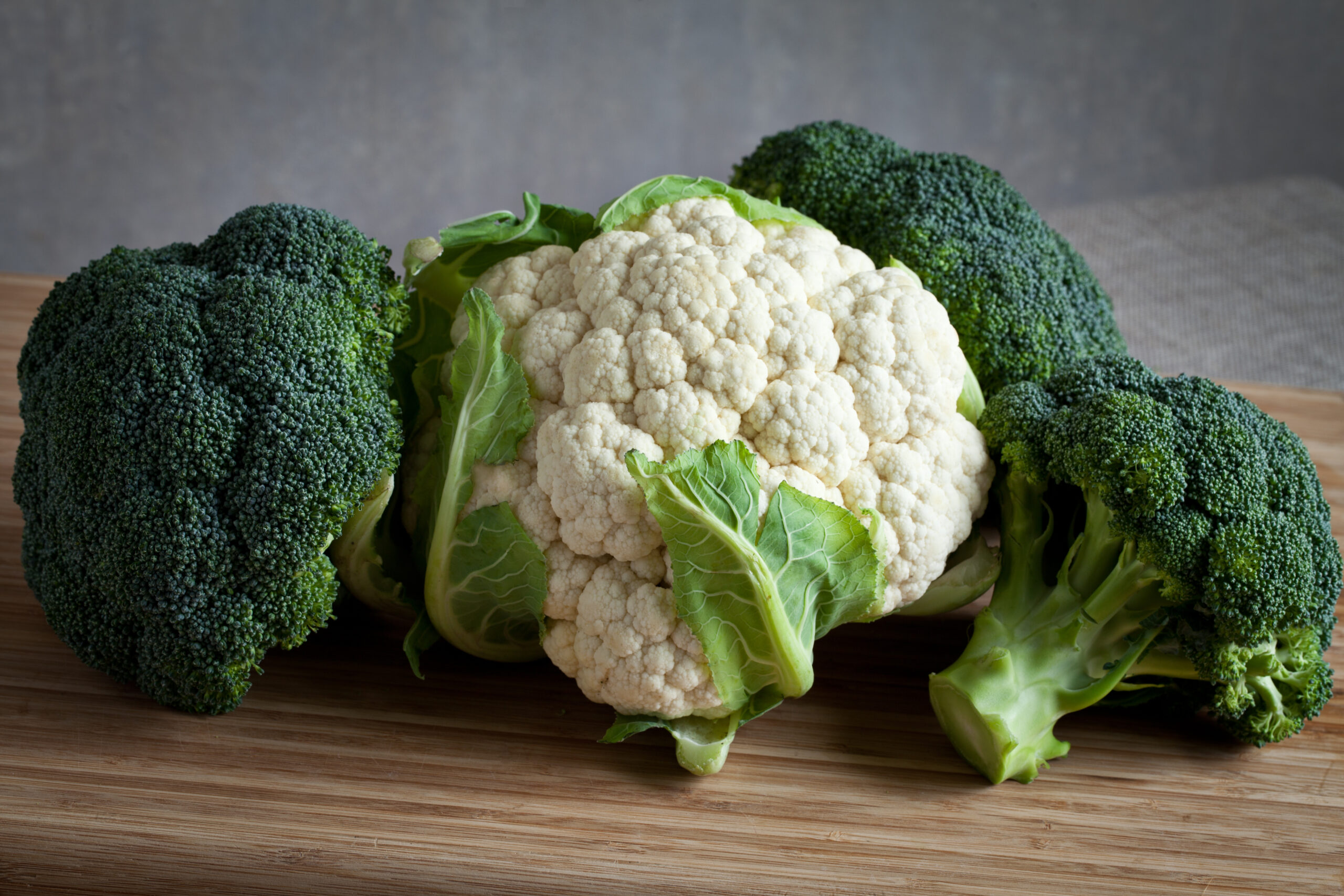Eating more cruciferous vegetables can significantly reduce your risk of colorectal cancer by up to 26%.
Story Overview
- Colorectal cancer remains one of the deadliest cancers in the US.
- Simple lifestyle changes can significantly lower cancer risk.
- Consuming 40 to 60 grams of cruciferous vegetables daily can reduce cancer risk by up to 26%.
- Cruciferous vegetables are rich in cancer-fighting phytochemicals.
The Deadly Threat of Colorectal Cancer
Colorectal cancer claims nearly 53,000 lives annually in the United States, making it one of the deadliest forms of cancer. This silent killer often goes unnoticed until it’s too late, underscoring the importance of early detection and prevention. While regular screenings and a healthy lifestyle are crucial, new research has highlighted the profound impact of diet on reducing the risk of this devastating disease.
A nutritious diet, particularly one rich in certain vegetables, can play a pivotal role in lowering cancer risk. A recent study from China has found that a daily intake of 40 to 60 grams of cruciferous vegetables can reduce the risk of colon cancer by 20% to 26%. This finding is a beacon of hope for those seeking simple yet effective ways to protect their health.
The Power of Cruciferous Vegetables
Cruciferous vegetables, such as broccoli, cauliflower, and Brussels sprouts, are packed with cancer-fighting compounds. These vegetables are rich in phytochemicals, including flavonoids, fiber, vitamin C, and carotenoids, which are believed to contribute to cancer prevention. These compounds function as antioxidants, reducing oxidative stress that can damage cells and lead to cancer.
Moreover, these plant-derived compounds can help reduce inflammation, a key factor linked to the development and progression of several cancers. By incorporating these vegetables into your daily diet, you can harness their potential protective benefits and take a proactive step towards cancer prevention.
The Research Behind the Findings
In this comprehensive study, researchers reviewed 17 studies involving nearly 640,000 participants, over 97,500 of whom had colon cancer. The analysis revealed that individuals who consumed the most cruciferous vegetables had a 20% lower risk of colon cancer compared to those who consumed the least. However, the protective benefits plateaued at 60 grams per day, equivalent to about half a cup of chopped broccoli.
Despite the study’s reliance on participants’ recollection of their vegetable intake, the authors assert that the evidence supporting the cancer-preventive effects of cruciferous vegetables is robust. They emphasize the chemopreventive role these vegetables may play against colon cancer development, offering a compelling case for dietary change.
Incorporating Cruciferous Vegetables Into Your Diet
Incorporating cruciferous vegetables into your diet is a simple yet effective way to enhance your health. These versatile vegetables include options like collard greens, kale, kohlrabi, mustard greens, radish, rutabaga, turnip, watercress, bok choy, and arugula, in addition to the more commonly known broccoli and cauliflower.
Beyond cancer prevention, these vegetables offer numerous health benefits, including improving blood pressure, lowering cholesterol, regulating blood sugar, promoting healthy digestion, supporting liver detoxification, and maintaining healthy vision. By embracing these green powerhouses, you can enjoy a range of health benefits while reducing your cancer risk.
Sources:








